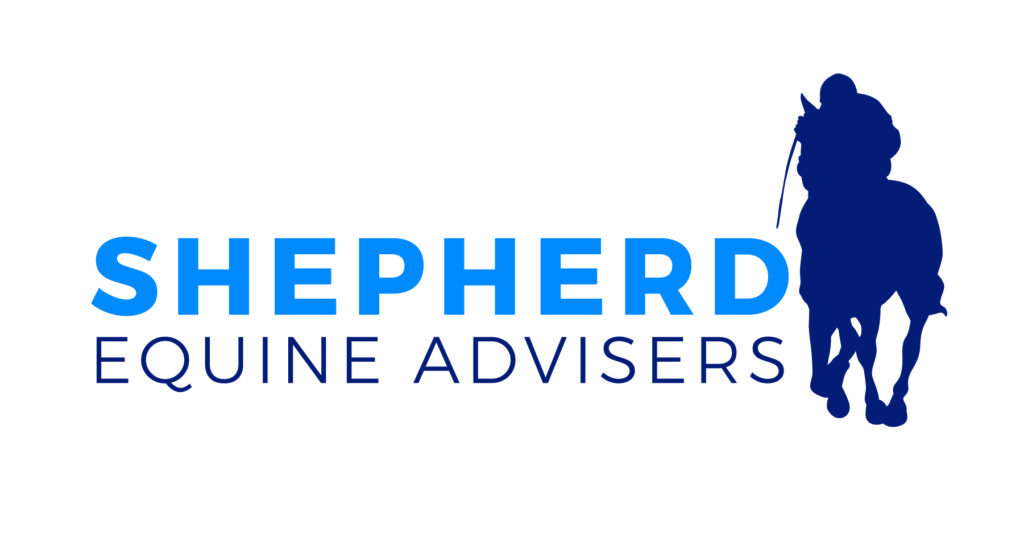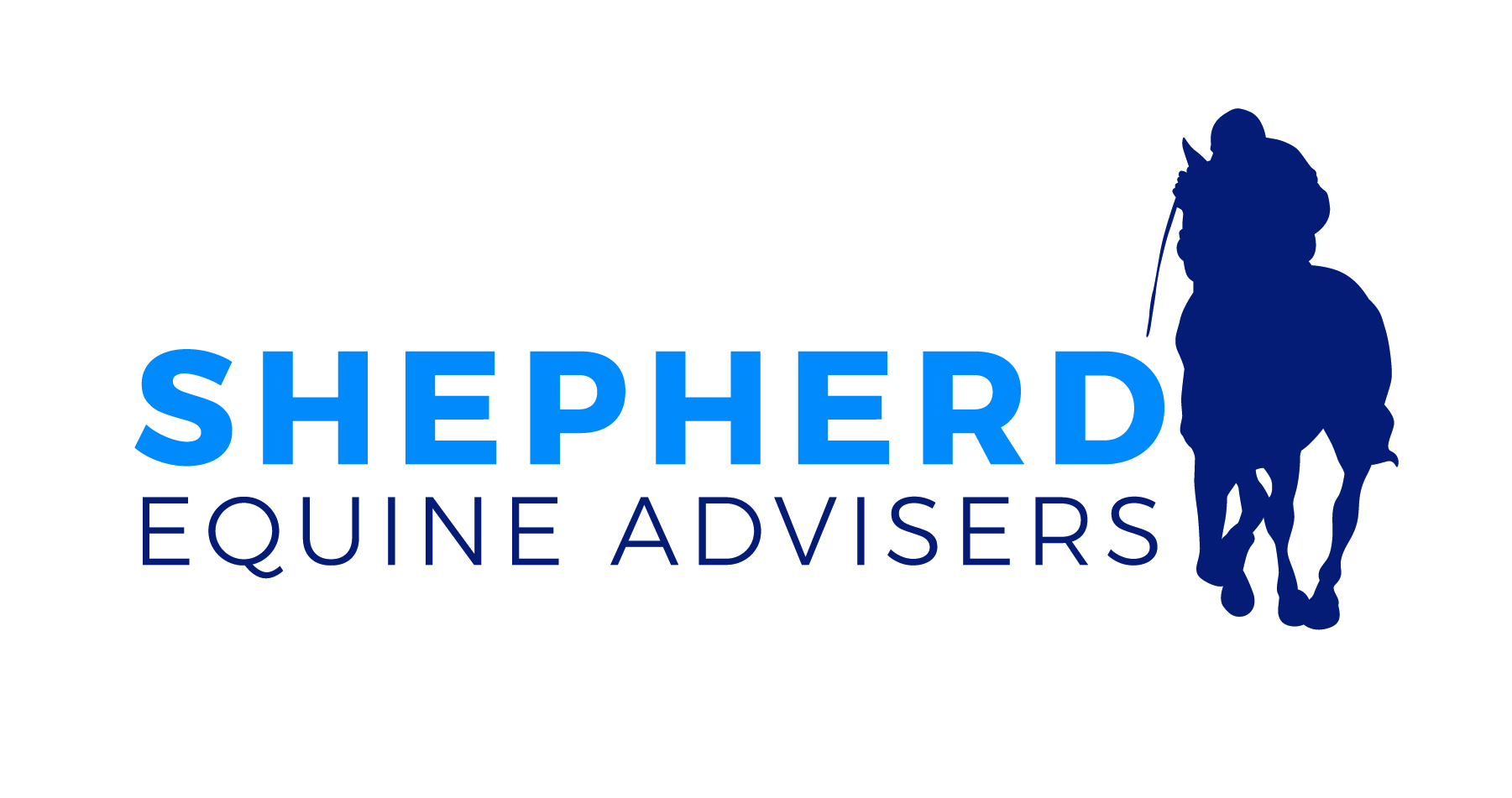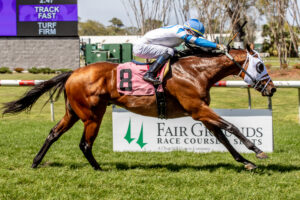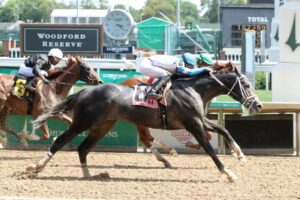As the sun sets over the lush fields of a Kentucky racetrack, a potential owner stands, captivated by the powerful thoroughbreds thundering past. This moment embodies a dream many harbor, but stepping into the world of racehorse ownership brings with it an array of racehorse ownership costs, a financial journey that goes far beyond the initial thrill.

Initial Investment – More Than the Price Tag
Entering the arena of racehorse ownership begins with understanding the substantial initial investment required. It’s not just the auction hammer price that shapes the financial landscape.
There are vet checks, crucial for ensuring the health and vitality of the horse, which can exceed $500. Transportation costs, often overlooked, add a significant sum to the initial outlay.
Additionally, insurance, a vital safeguard, can amount to 3-5% of the horse’s value annually. According to The Blood-Horse magazine, these costs can significantly vary based on the horse’s pedigree and potential.

Ongoing Financial Commitments – The Price of Dreams
Racehorse ownership is a continuous financial journey. Monthly training fees, for instance, can range from $2,000 to $3,500, influenced by the trainer’s reputation and location.
Stabling, feed, and regular care add another $1,000 to $2,000 per month. Regular veterinary care and race entry fees further contribute to ongoing costs.
Industry reports, including those from the Jockey Club, suggest that the average annual cost of maintaining a racehorse hovers around $45,000, a figure that often surprises new entrants into the sport.

Preparing for the Unexpected Racehorse Ownership Costs
Hidden within the journey of racehorse ownership are unforeseen costs. Emergency medical treatments can escalate quickly, adding thousands to your yearly expenses.
Off-season maintenance costs are also significant, as a racehorse does not stop incurring expenses when not racing. Financial advisors specializing in equine investments often highlight these as critical considerations for prospective owners.

Potential Returns – Weighing the Financial Rewards
Despite the significant racehorse ownership costs, the potential returns can be enticing. Prize money from winning prestigious races can offer substantial financial rewards.
For example, the winner of the Kentucky Derby can now earn $3 million. Yet, it’s essential to understand that such levels of success are achieved by only a small percentage of racehorses, as noted by the National Thoroughbred Racing Association.

Economic Impact – Beyond Individual Gains
The financial impact of racehorse ownership extends beyond personal finance. The thoroughbred industry significantly contributes to local and national economies, supporting a wide range of professionals from trainers to healthcare providers.
Economic impact studies highlight this broader contribution, underlining the importance of these investments beyond individual gains.

Navigating Racehorse Ownership Costs with Bloodstock Agents
For those navigating the complexities of racehorse ownership costs, Shepherd Equine Advisers offers expert guidance. Their role is pivotal in helping clients understand the nuances of financial commitments, potential returns, and the broader economic impact of their investment in the racing world.

The Financial Journey in Racehorse Ownership Costs
The path to racehorse ownership is as much a financial commitment as it is a passion. It requires a blend of love for the sport and a deep understanding of the financial implications.
With informed planning and expert advice from entities like Shepherd Equine Advisers, this venture can be as rewarding financially as it is emotionally. Yet, one must ponder, is the allure of the racetrack worth the intricate dance of financial management it demands?







Recent Comments